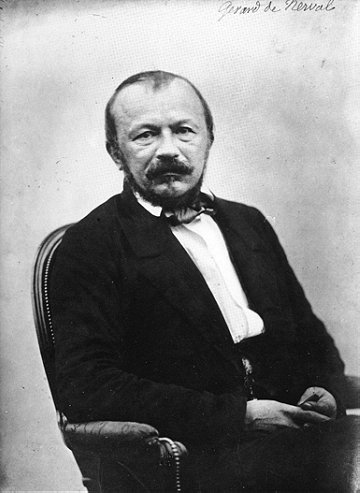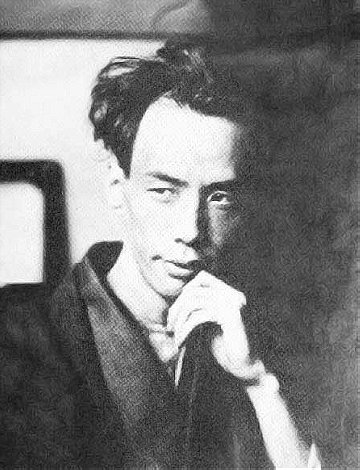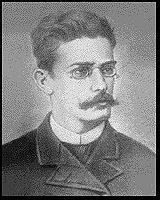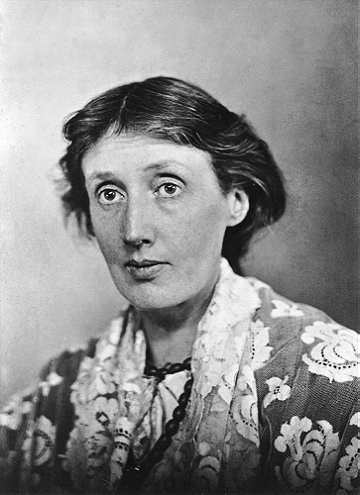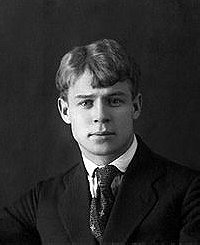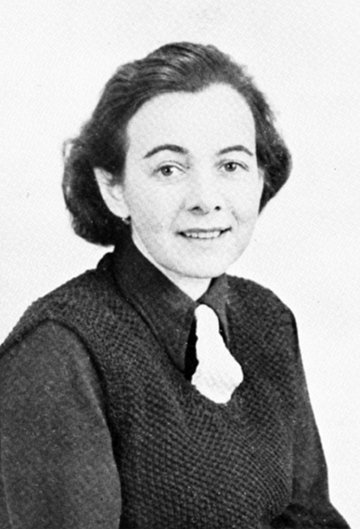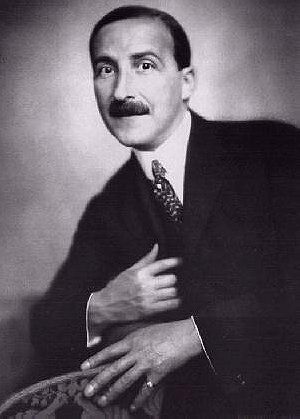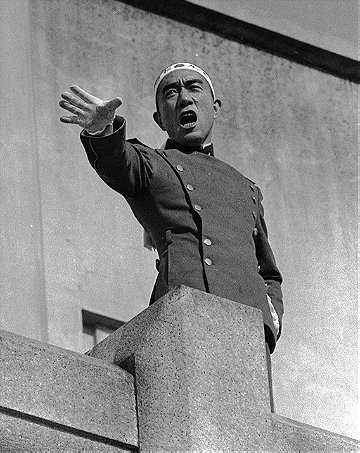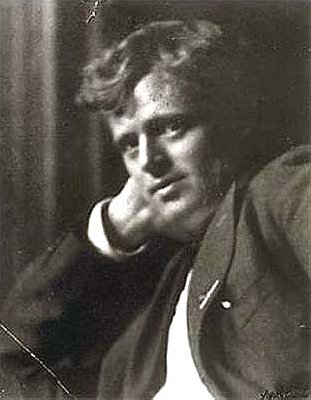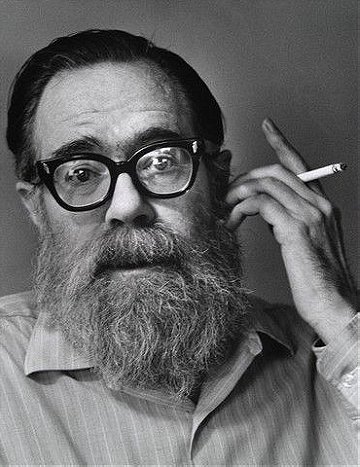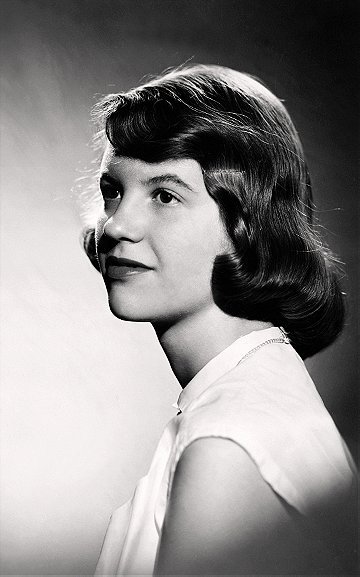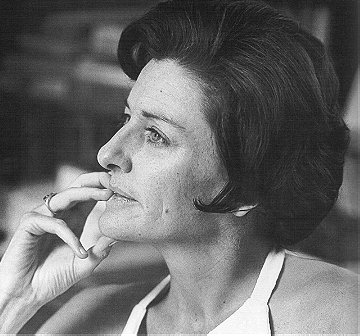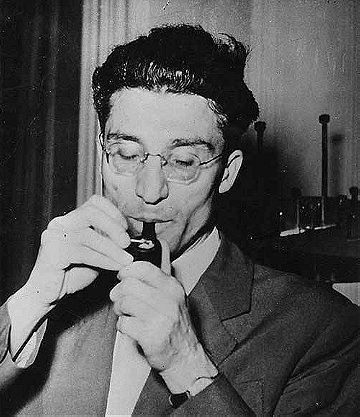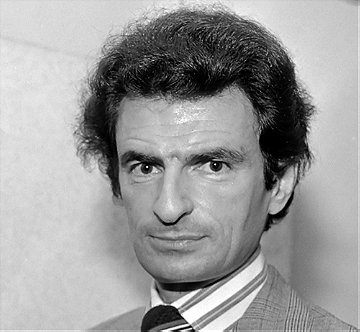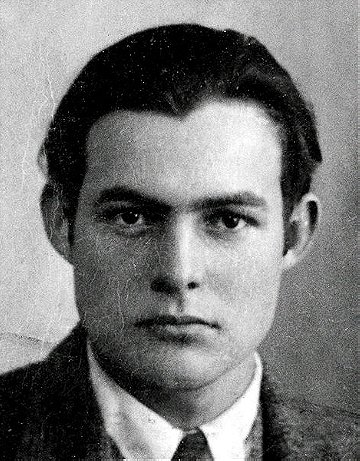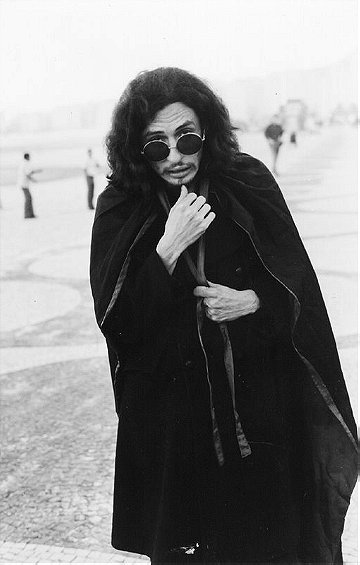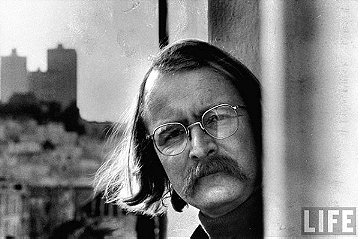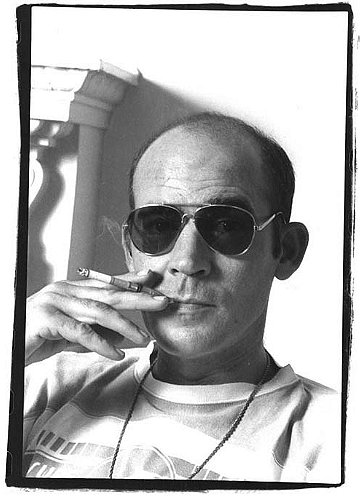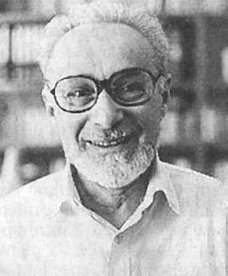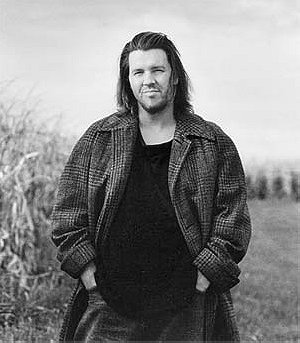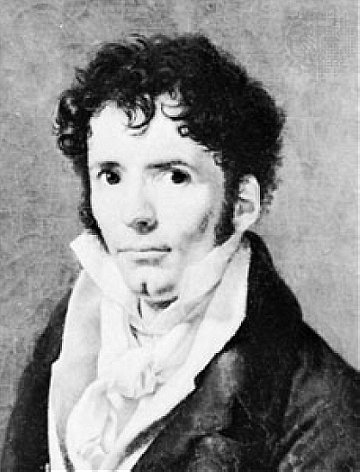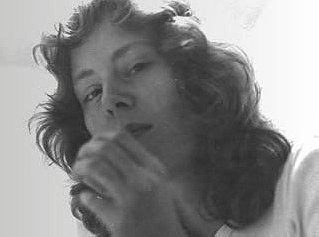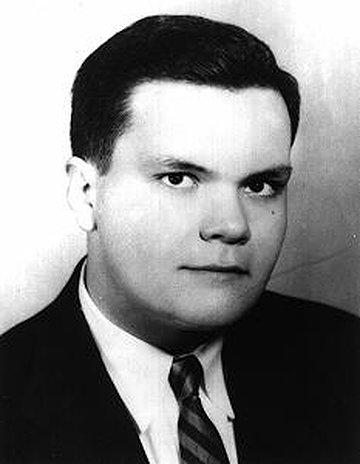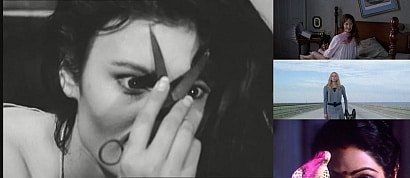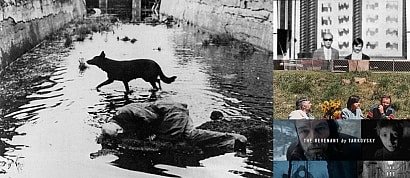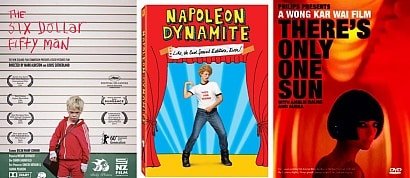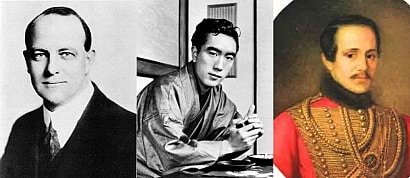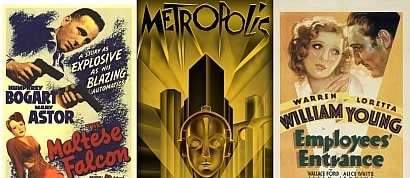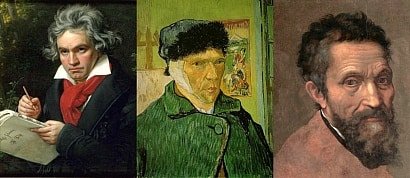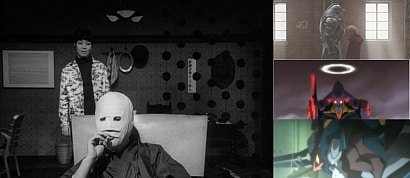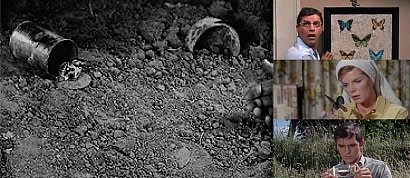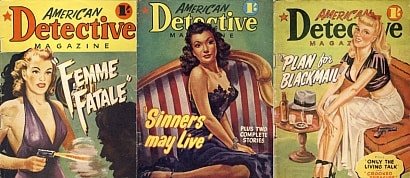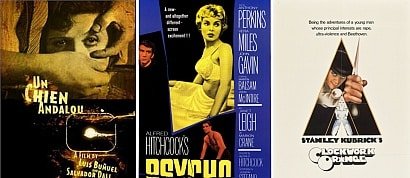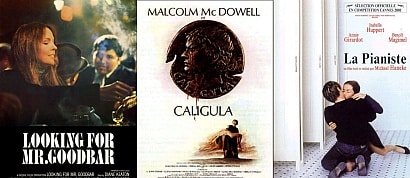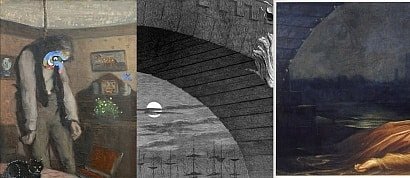Writers Who Committed Suicide
Sort by:
Showing 27 items
Rating:
List Type:
Nerval was a romantic poet who suffered from melancholia for a long time. After his girlfriend broke up with him, he hung himself from a street lamp.
Paranoid, severely depressed, and suffering from visual hallucinations (such as perceiving maggots in his food), Akutagawa killed himself with an overdose of Veronal at the age of 35.
“The world I am now in is one of diseased nerves, lucid as ice,” read part of his suicide note. “Such voluntary death must give us peace, if not happiness…”
“The world I am now in is one of diseased nerves, lucid as ice,” read part of his suicide note. “Such voluntary death must give us peace, if not happiness…”
He had already been personally slandered for his allegedly closet homosexuality — something which led him to challenge his former friend, the poet Olavo Bilac, to a duel in 1892; he had also broken other friendships in the same resounding fashion. Eventually, he suffered a fatal breakdown: after being slandered for his Floriano speech in a piece by journalist Luís Murat entitled "A Madman in the Cemetery", feeling himself scorned everywhere, he killed himself on Christmas, 1895.
Famous English writer Virginia Woolf suffered from a serious depression after she finished writing her last book. She was also one of those who were terribly affected by the post-war world order. In 1941, she filled her pockets with stones and jumped into the Ouse river.
Her husband Sergei Efron and her daughter Ariadna Efron (Alya) were arrested on espionage charges in 1941, and her husband was executed. Tsvetaeva committed suicide in 1941. As a lyrical poet, her passion and daring linguistic experimentation mark her as a striking chronicler of her times and the depths of the human condition.
Suffering from alcoholism and his troubled relationships with women caused Yesenin to spend some time in a psychiatric hospital. When he was out for Christmas, however, he hanged himself in an hotel room in Moscow.
Right next to his body, a letter to his dear friend Mayakovsky written with his own blood was found.
Right next to his body, a letter to his dear friend Mayakovsky written with his own blood was found.
Although she was briefly married to Leif Bjork, a friend from the Socialist Clarté organization, Boye was a lesbian and lived with her partner Margot Hanel for the last ten years of her life. Her depression eventually led to her suicide in April of 1941. After leaving home one day, she was found dead, lying next to a boulder on top of a hill. She had killed herself with an overdose of sleeping medication.
Zweig was already in exile and was highly depressed about the current situation in Europe, and he could no longer bear the disappointment. He committed suicide in Rio de Janeiro with his wife on February 22nd, 1942.
His suicide note reads:
“Every day I learned to love this country more, and I would not have asked to rebuild my life in any other place after the world of my own language sank and was lost to me and my spiritual homeland, Europe, destroyed itself.”
His suicide note reads:
“Every day I learned to love this country more, and I would not have asked to rebuild my life in any other place after the world of my own language sank and was lost to me and my spiritual homeland, Europe, destroyed itself.”
Mishima was a nationalist who founded his own right-wing militia “Tatenokai.” He visited the Tokyo headquarters of the Eastern Command of Japan's Self-Defense Forces with this group, and they took hostage the commander and declared their demands. After his speech failed to inspire the soldiers, he returned to the office and committed seppuku (Japanese ritual suicide by disembowelment ). A Tatenokai member, Hiroyasu Koga, beheaded him to complete the ritual…
The world’s first “billionaire” writer, Jack London, suffered from bipolar disorder, and it’s thought that this illness had an influence on him committing suicide.
When he was on his Pacific Voyage, he got infected with a tropical disease and prepared a solution that included substances like opium, heroin and mercury to treat himself, which later caused kidney failure.
Although whether or not he actually committed suicide is still controversial, many think that his earlier attempts and suicidal themes in his fictional works could make us suspect that he killed himself on purpose.
When he was on his Pacific Voyage, he got infected with a tropical disease and prepared a solution that included substances like opium, heroin and mercury to treat himself, which later caused kidney failure.
Although whether or not he actually committed suicide is still controversial, many think that his earlier attempts and suicidal themes in his fictional works could make us suspect that he killed himself on purpose.
When Benjamin was in exile in Paris as a Jewish man, Germans occupied France and his house was invaded by Nazi soldiers. He then escaped to Portbou city near the Spain border, but never stopped being afraid of getting caught by Nazis at any minute, and committed suicide by overdosing on morphine.
Just like his friend Yesenin, Mayakovsky was one of those who couldn’t make peace with life. He committed suicide, again in Moscow, when he was desperately pessimistic about people’s unfaithfulness towards the revolution.
American poet Berryman was only eleven when his father committed suicide, and this tragedy influenced his literature as well as his personal life.
Berryman had problems with alcohol throughout his adult life and he was hospitalized a few times in order to detox. On January 7, 1972, he jumped from the Washington Avenue Bridge in Minneapolis.
Berryman had problems with alcohol throughout his adult life and he was hospitalized a few times in order to detox. On January 7, 1972, he jumped from the Washington Avenue Bridge in Minneapolis.
American poet, Sylvia Plath, suffered from extreme bipolar disorder and had to take anti-depressants all her life. Her first suicide attempt was when she was in her sophomore year at Smith College. She, however, graduated as a very successful young woman.
In 1963, she left milk and cookies for her little kids, taped the door to make sure the gas couldn’t leak into their room, and committed suicide by putting her head into the oven.
In 1963, she left milk and cookies for her little kids, taped the door to make sure the gas couldn’t leak into their room, and committed suicide by putting her head into the oven.
Sexton also struggled with depression and mania, and she had suicidal tendencies whose influence can be found in her works.
In the book “The suicide of Anne Sexton” her death is described with these words:
... she put on her mother's old fur coat, removed all her rings, poured herself a glass of vodka, locked herself in her garage, and started the engine of her car, committing suicide by carbon monoxide poisoning.
In the book “The suicide of Anne Sexton” her death is described with these words:
... she put on her mother's old fur coat, removed all her rings, poured herself a glass of vodka, locked herself in her garage, and started the engine of her car, committing suicide by carbon monoxide poisoning.
Italian poet, critic and translator Pavese took an overdose of sleeping pills and ended his life in a hotel room in Torino.
Kosinski also suffered from serious physical illnesses later in life. On May 3, 1991, his wife found his body in a half-filled bathtub, a suffocating plastic bag wrapped around his head.
“I am going to put myself to sleep now for a bit longer than usual,” read Kosinski’s suicide note. “Call it Eternity.”
“I am going to put myself to sleep now for a bit longer than usual,” read Kosinski’s suicide note. “Call it Eternity.”
American author Ernest Hemingway lived an extraordinary life. He suffered from depression, paranoia and alcoholism during his whole life.
He shot himself from the head in the summer of 1961.
He shot himself from the head in the summer of 1961.
Torquato was marked by a restless temper, which led him to mental hospitals and professional problems. He committed suicide in Rio in 1972.
Romain Gary was the only author who won the Goncourt Prize twice, one with his real name and one under his pen name “Emile Ajar.” He was very well known by being a man of letters, but he was also a diplomat, a film director and an aviator during World War II.
After his wife Jean Seberg’s controversial death in 1979, Gary was thought to still be under the influence of this tragedy and probably chose to end his life, as he had been suffering from a serious breakdown for a long time.
After his wife Jean Seberg’s controversial death in 1979, Gary was thought to still be under the influence of this tragedy and probably chose to end his life, as he had been suffering from a serious breakdown for a long time.
In October of 1984, Brautigan’s long-dead body was found rotting in his Bolinas, California home, where he lived alone. A .44 Magnum bullet through the brain had finally brought an end to his despair.
The founder of Gonzo Journalism, Thompson is best remembered for his book Fear and Loathing in Las Vegas, and a wild, irreverent lifestyle of guns, drugs, and hard drink. He was reckless to the point of suicide, indeed getting his start by riding with the Hell’s Angels and doing an expose. When they realized his intentions, they beat him down. In his later years, Thompson lived in a rural compound in Colorado. He succumbed to a self-inflicted gunshot wound in 2005. His suicide note read: “No More Games. No More Bombs. No More Walking. No More Fun. No More Swimming. 67. That is 17 years past 50. 17 More than I needed or wanted. Boring. I am always bitchy. No Fun – for anybody. You are getting Greedy. Act your old age. Relax – This won’t hurt.”
Levi said that he lost his faith in God as he was captured by Nazis and taken to Auschwitz after he joined anti-fascist groups and fought against the regime during World War II.
He couldn't overcome the spiritual emptiness and threw himself into the stairwell of the building he lived in at the age of 68.
He couldn't overcome the spiritual emptiness and threw himself into the stairwell of the building he lived in at the age of 68.
One of the most talented authors of contemporary American Literature, David Foster Wallace, suffered from depression for almost 20 years.
In September 2008, he ended his life. Just before this tragic event, Wallace and his therapist had decided to change his medication.
In September 2008, he ended his life. Just before this tragic event, Wallace and his therapist had decided to change his medication.
Added to
Related lists
666GreatestFictionalVillains in abc order (2021)
610 item list by crazymetalhead
19 votes 13 comments
13 comments
610 item list by crazymetalhead
19 votes
 13 comments
13 comments
View more top voted lists
People who voted for this also voted for
Film Diary of 2023
possessed girls
MOVIES Watched in 2021
In Praise of Andrei Tarkovsky
Short Films
Weird Film of the Year
Czechoslovakia / Czech Republic. Favorite movies
The Best In Literature For Me.
Watched in 2021
Movies Watched (2022)
Paintings of Jesus Christ
Famous Tinnitus Sufferers
Film Diary of 2022
Butterflies - Movies
Pulp Magazines: American Detective (1951)
More lists from Nusch
Brazilian Documentaries
Capitalist Horror Films
Films Influenced by Psychoanalysis
Books Scenes | Friedrich Nietzsche
Passion and Agony
Movies About Nymphomaniacs
Suicide in Paintings
 Login
Login
